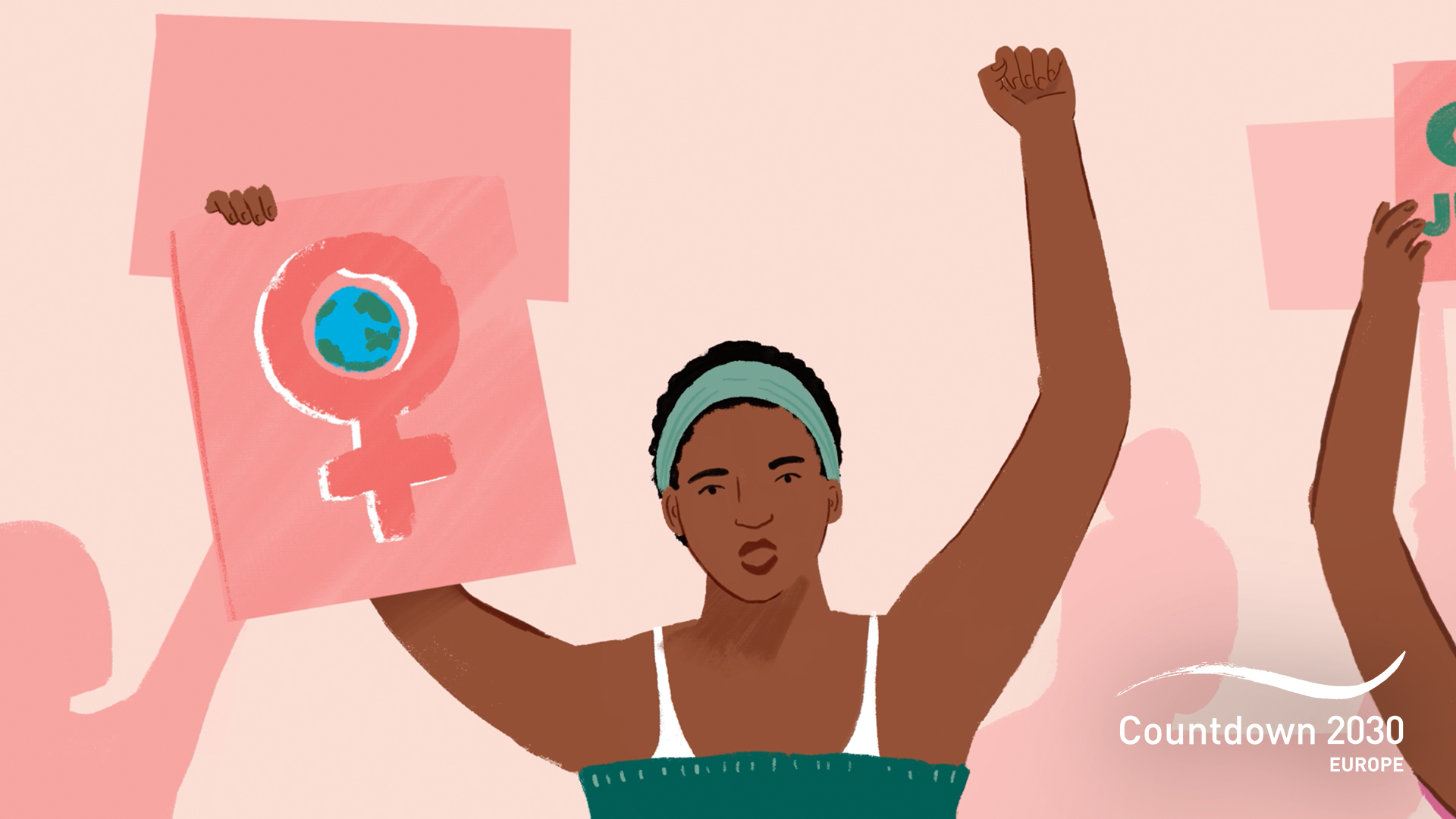Spotlight
A selection of resources from across the Federation

Abortion Care and Costs in Europe and Central Asia
IPPF EN carried out research into the economic burden that women face in accessing abortion care in Europe and Central Asia. This factsheet provides a snapshot of the findings.
Filter our resources by:


| 09 March 2023
IPPF Policy on Sex Work
The IPPF Sex Work Policy makes clear the position and commitments of our Federation globally with regards to sex work. This is the first time IPPF has taken a position on sex work, and presents human rights-based values and principles which apply broadly to all contexts, without being prescriptive about approaches or actions. It is rooted in positions taken by sex-worker led organisations and networks across the world, and in existing IPPF documents. Find out more and download the policy here. In line with IPPF’s global policy position, IPPF European Network is opposed to any measures in EU policy or legislative instruments that would criminalise any aspect of sex work, including clients and third parties. Read below the summary of IPPF's Sex Work Policy laying out our guiding principles and calls to action for policymakers.

| 16 April 2021
The link between sexual and reproductive health and rights and the climate crisis
The climate crisis is one of the greatest challenges of our time. It threatens our planet, society, and economy. Climate-related emergencies, such as extreme weather conditions are increasing, which tend to hit women and girls harder because of gender discrimination and harmful social norms. In the aftermath of a disaster, there is a risk that girls are pulled from school to take care of the household, and when there is food stress or water shortage people will marry younger, with a higher percentage of girls ending up in early, forced, and child marriages. Rural women and girls, who are usually given the task of fetching water have to travel further to collect it. Increasing their already heavy workload and putting them at greater risk of gender-based violence. Healthcare is disrupted by erratic weather, eroding the advancement of sexual and reproductive health and rights, making women and girls more vulnerable to the impacts of the climate crisis. Sexual and reproductive health and rights play a crucial role in improving wellbeing, overcoming marginalisation and advancing gender equality. When women and girls have access to sexual and reproductive health and rights they have control over their bodies, and they can address unfair power relations in their lives and lead the response to the climate crisis. If we want to achieve climate justice, sexual and reproductive health and rights and gender equality have to be prioritised. Read our factsheet on the linkages between sexual and reproductive health and rights (SRHR) and the issues included in the European Green Deal.

| 21 July 2014
HIV Prevention Report Cards for Sex Workers
This series of four Report Cards explores the challenges of HIV prevention for sex workers in Kazakhstan, Kyrgyzstan, Tajikistan and Russia. It was produced by IPPF European Network with the support of the Sex Workers' Rights Advocacy Network (SWAN) and the United Nations Population Fund (UNFPA). The Report Cards are available for download here in English and Russian.

















